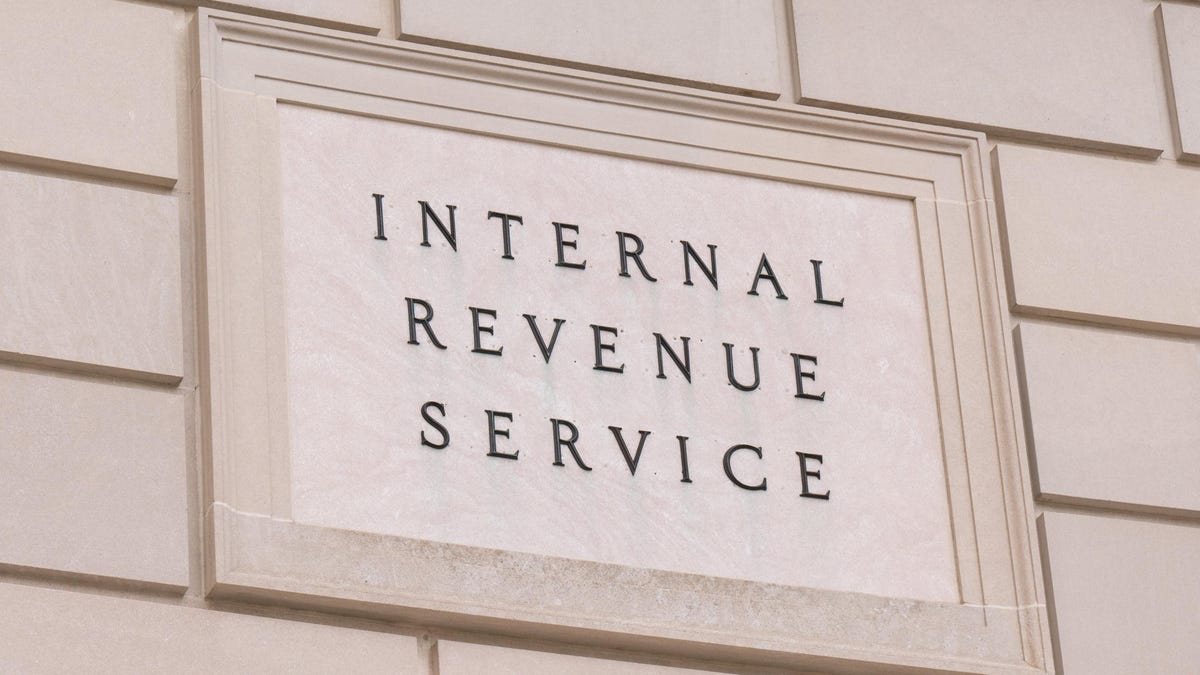Ten Warning Signs You’re Not Really Talking to the IRS

As Americans struggle to file their 2022 taxes by today’s deadline, the IRS has released its “Dirty Dozen” list of the biggest scams to watch out for this tax season. However, instead of trying every year to be aware of all the new ways you can be scammed during tax season, it’s more effective to know some basic rules that will always keep you from being scammed by the IRS. .
If the IRS does any of the following, the IRS will not contact you at all; this is a scam trying to steal your personal information (and money).
They call you first
The IRS will never call you without first sending you a call notification letter. Any call from the IRS will be to set up an appointment or discuss an audit, not to force you to pay anything over the phone. So if any “IRS agent” calls asking for money, hang up.
They leave a pre-recorded voice message
The IRS is neither desperate nor in need. They also understand that voicemail is for spammers or your grandmother. So if you receive a pre-recorded, urgent, or threatening voice mail, delete it.
They email you
The IRS is a government agency and as such they are inefficient and out of step with the times. This way they will never email you to discuss a tax debt or refund. If you receive an email from the IRS, please send it to spam.
They write to you
Life could be easier if we could get texts from the IRS late at night on the deadline day to make sure we didn’t forget to file or submit the correct forms. But IRS agents don’t send reminders to people , let alone ask for any personal or financial information.
They contact you through social media
The IRS doesn’t have a public relations team trying to get people’s attention on tax season. If an “IRS” account slips into your DM trying to get your numbers (social security numbers), ignore, block and move on.
They send you unofficial forms
If the IRS asks you to fill out a form (which is not very common), you can see if a notice or letter appears on the official IRS website . If there is no notice or document, it is most likely a scam. Call the official IRS number and follow up to make sure it’s real.
They refuse to provide their HSPD-12 card number.
The HSPD-12 card is one of two official forms of identification that all IRS agents must carry. You have the right to see and request it, and you can verify its legitimacy by calling the IRS at 800-366-4484.
They ask for a credit card or debit card number over the phone
The IRS understands how sensitive it can be to share financial information over the phone, so they will never put you in that situation. If you receive such a call asking you to do so, you will know that it is a scam.
They want you to pay with gift cards
Asking to pay with gift cards, prepaid debit cards, or any peer-to-peer app is a common tactic used by scammers because these payments are difficult to trace and cannot be returned once they have been paid. If any “IRS agent” tries to do this, that’s a big red flag.
They threaten you
If the IRS says you will be arrested, deported, your driver’s license suspended, or any other method of intimidation, know that you are talking to a scammer, not an IRS agent. The IRS does not rush you if you have a legitimate issue and they will give you enough time and notice to respond and pay what you owe.
If you really owe money to the IRS, you can check it out by checking here . You will be given the option to pay in installments and send the money directly to the IRS.
If you experience any of the scams mentioned above, you can report them online or call the Inspector General of the Treasury for the Tax Administration at 1-800-366-4484.